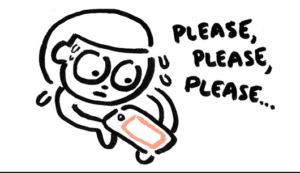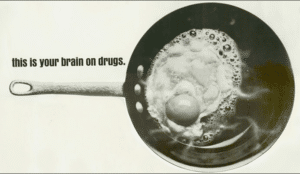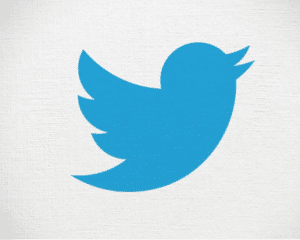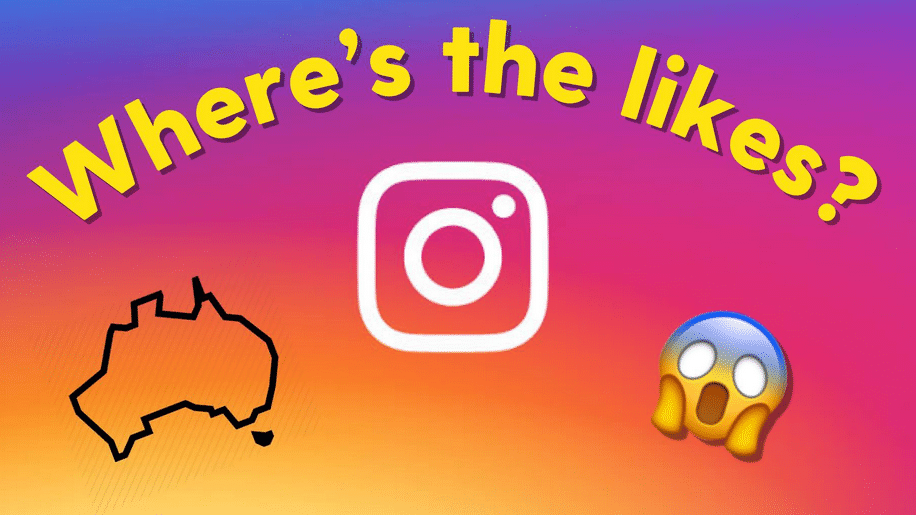Social networks are running trials in several countries to see what effect “hiding likes” will have on users.
Some users opening their Instagram apps will notice a difference in the popular social media site. The number of likes, typically displayed under users’ posts will no longer be visible. …
A 2017 study by the Royal Society for Public Health, in the U.K., described Instagram as being the social media platform that was the most detrimental to young people’s mental health.
(Time, July 18, 2019)
The countries where Facebook/Instagram is running these trials include Australia, Brazil, Canada, Ireland, Italy, Japan, and New Zealand. But I trust it’s self-evident why the United States and China are not among them.
 More to the point, here is why consciousness of guilt is causing all social networks to consider removing features like “views,” “followers,” “retweets” and “likes,” — permanently:
More to the point, here is why consciousness of guilt is causing all social networks to consider removing features like “views,” “followers,” “retweets” and “likes,” — permanently:
A social media-loving schoolgirl killed herself after spending hours in her bedroom trying to get likes on her posts. … Ruby would spend hours locked in her bedroom posting several photos and statuses a day in a desperate bid to get likes.
(Daily Mail, August 25, 2019)
But Ruby’s death will have no impact on the hazards of social media. After all, even the deaths of thousands have had no impact on the hazards of synthetic opioids.
Hell, fallout from President Trump’s daily tweets shows the inherent hazards of social media. His advisers have been pleading from day one of his presidency for him to stop tweeting. That he hasn’t betrays its addictive nature.
Apropos of which, the following excerpt from “Zuckerberg Designed Facebook ‘Like’ an Opioid,” November 13, 2017, explains my allusion to your brain on drugs:
____________________
 It turns out that your brain on Facebook is like an egg in a frying pan. This, in effect, is what none other than Facebook founding president Sean Parker has confessed. …
It turns out that your brain on Facebook is like an egg in a frying pan. This, in effect, is what none other than Facebook founding president Sean Parker has confessed. …
There’s no denying Parker’s contention that social media (like Facebook and Twitter) are just as hazardous to your health as opioids (like fentanyl and heroin).
Many are commending him for speaking out. I, however, just see him as a Johnny-come-lately – given commentaries like ‘Why I Hate Twitter,’ February 1, 2013, ‘Facebook Friends?! Try Facebook’s Guinea Pigs,’ July 8, 2014, and ‘Hey Moron, Personal Tweet Is … an Oxymoron,’ March 6, 2015.
____________________
That said, despite these trials, the CEO of every social network already knows that taking away likes would be like a drug kingpin taking away drugs.
 In fact, nothing could have been more instructive in this respect than the way Twitter CEO and founder Jack Dorsey caved earlier this year. He teased plans to stop showing the “likes” a message receives. But, the backlash was so frenzied, he didn’t even dare run trials.
In fact, nothing could have been more instructive in this respect than the way Twitter CEO and founder Jack Dorsey caved earlier this year. He teased plans to stop showing the “likes” a message receives. But, the backlash was so frenzied, he didn’t even dare run trials.
Mind you, this is the same Dorsey who admitted (in the October 2018 edition of Wired magazine) that likes only incentivize users to tweet for attention. Moreover, he clearly knows that the extent people go to get that attention too often results in the social media equivalent of them streaking down main street or shouting fire in a crowded theater.
Alas, social networks can’t quit likes. Because networks are as hooked on the money likes generate as users are on the high they stimulate.
Related commentaries:
Zuckerberg designed…
PSA: your next selfie…
